
Dry skin often occurs when the oils that help maintain your skin’s moisture levels are stripped away from the skin’s surface. There are various everyday activities that can cause skin dryness in this way, including:

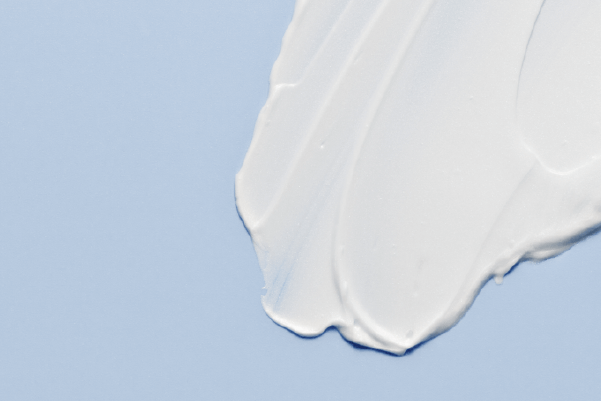


Cold weather/Hot weather

Air-conditioning/Heating
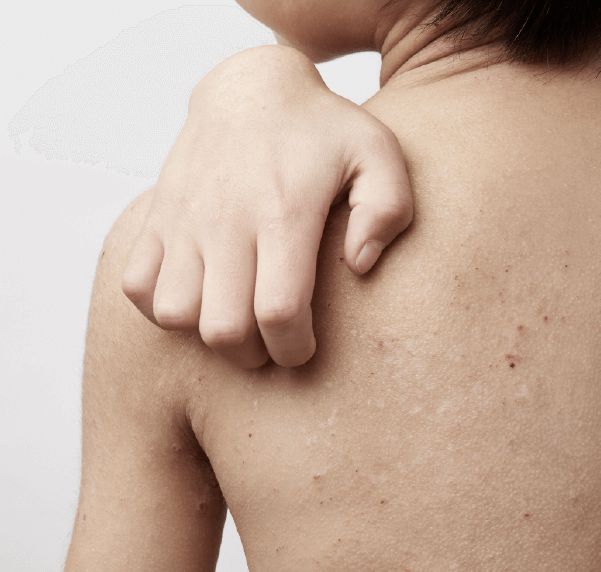

Moisturise regularly

Dress comfortably

Turn down the heat

Keep bath time short and sweet
One in five children under 2 years of age has eczema — an inflammatory skin condition that causes the skin to become itchy, red and dry. Typically, the condition flares up from time to time and then subsides. In winter, the combination of dry air and low humidity can dry out the skin, potentially triggering a flare up. Other factors in winter time, such as indoor heating, can also add to the risk of a flare.
Here are a few things you can do to help your child feel more comfortable this winter:


Tomatoes



If you suspect you’re allergic to one or more of these foods, should you avoid them completely?
When a food allergy is confirmed, avoiding that food can help reduce dermatitis symptoms. However, food elimination diets are not recommended for everyone so speak to your doctor before making any changes to your diet. Your doctor can also give you advice regarding management of your dermatitis.
If your dermatitis is causing you discomfort, you can help minimise the dryness with the Dermeze range of soap-free wash, lotion and creams which are fragrance free, and irritant free.
The information provided in this article is not intended to be a substitute for professional advice. If you have any questions about the topics discussed, please speak to a healthcare professional.
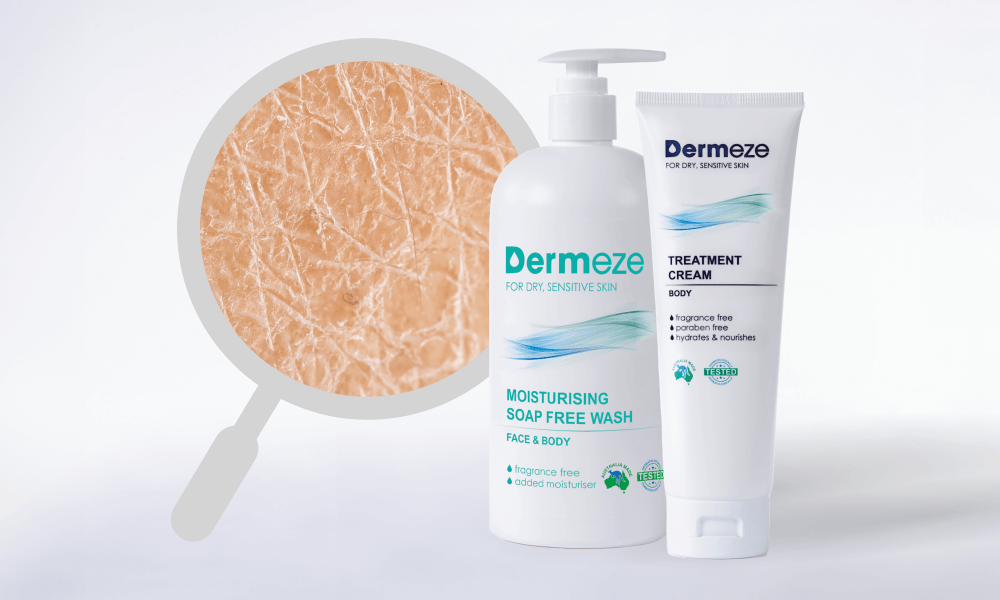


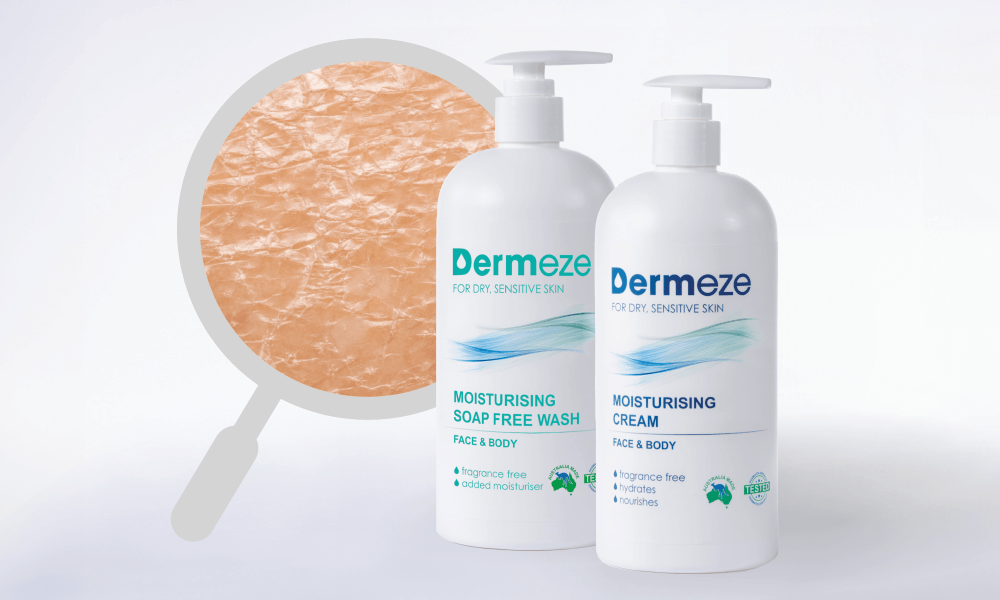


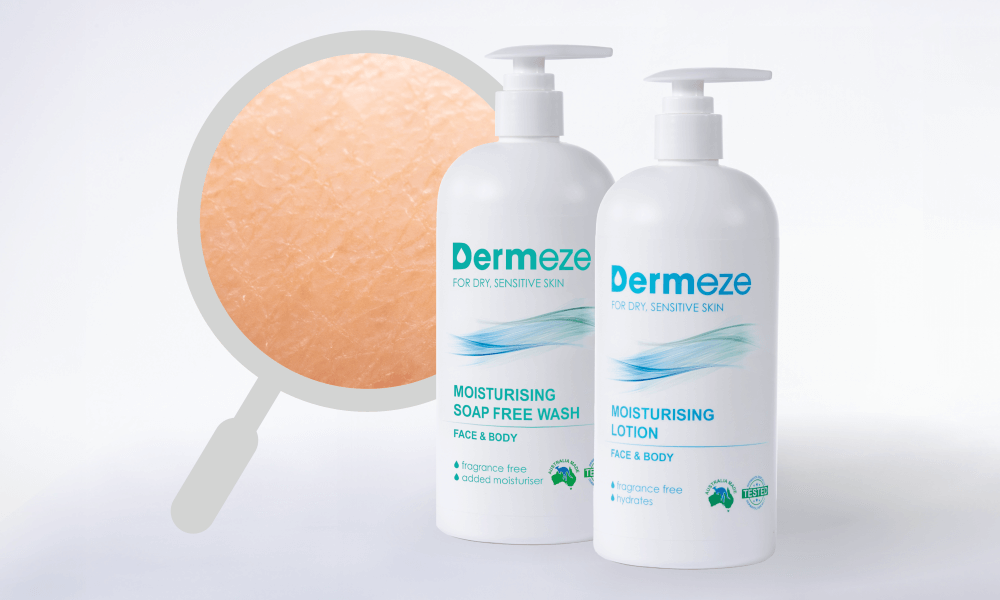


HK-Dermeze-0001-A-05.2024

Please Select Your Country 請選擇國家/城市: Hong Kong - English 香港 - 繁體中文 中国 - 简体中文 台灣 - 繁體中文
Malaysia - English